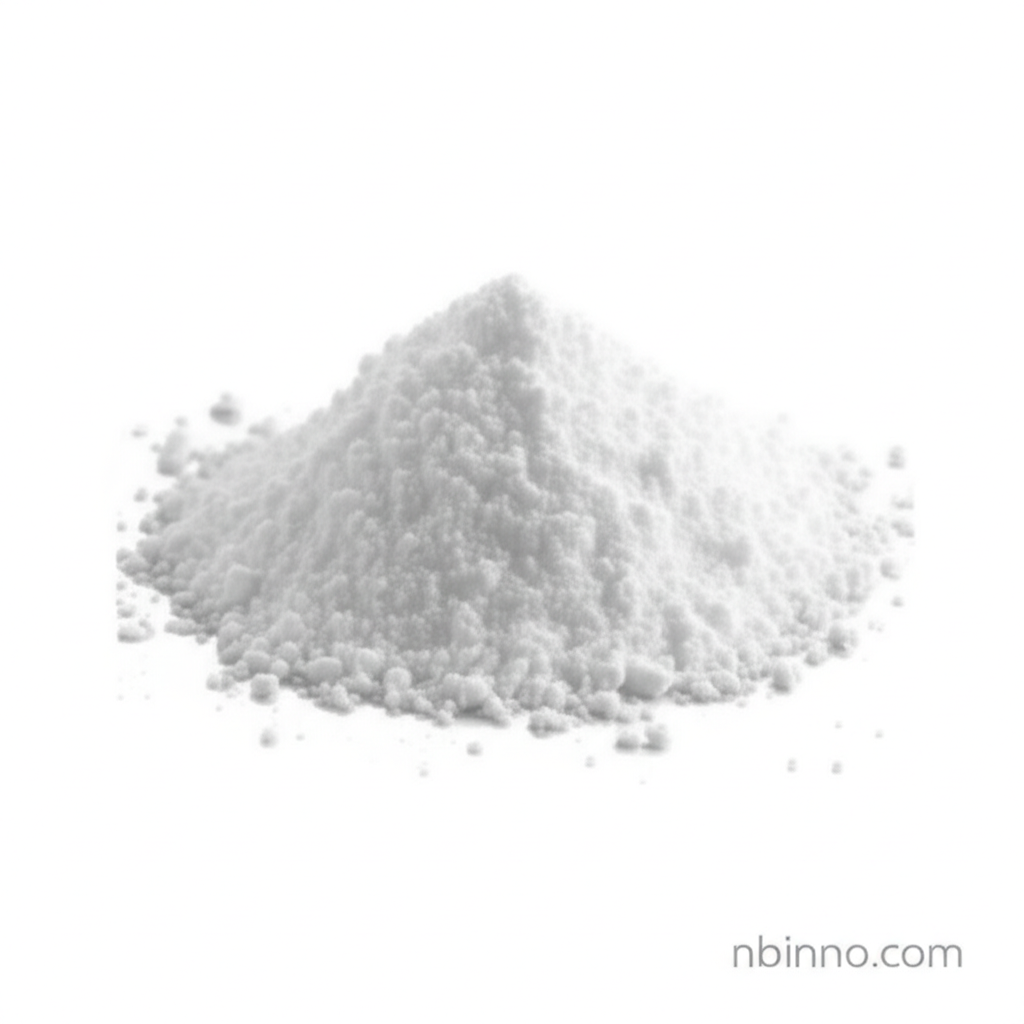2-Ethylhexanoyl Chloride: A Versatile Intermediate for Pharmaceuticals, Agrochemicals, and Polymers
Discover the key applications and synthesis of 2-Ethylhexanoyl Chloride, a vital chemical intermediate.
Get a Quote & SampleProduct Core Value

2-Ethylhexanoyl Chloride
This compound serves as a crucial building block in numerous chemical syntheses, offering high reactivity and specific structural properties. Its utility spans across critical sectors, making it an indispensable component in modern manufacturing processes.
- Utilized as a key intermediate in the synthesis of organic peroxides, which are vital polymerization initiators for various plastics.
- Plays a significant role in the pharmaceutical industry as an intermediate for active pharmaceutical ingredient (API) production, contributing to the development of new therapeutic agents.
- Essential in the agrochemical sector for the synthesis of pesticides and herbicides, enhancing crop protection and yield.
- Serves as a precursor for advanced materials, including conjugated polymers used in electronic devices and specialty plasticizers for improved material properties.
Advantages It Brings
High Reactivity and Versatility
The acyl chloride functional group makes 2-Ethylhexanoyl Chloride highly reactive in nucleophilic substitution reactions, enabling efficient synthesis of esters, amides, and other derivatives, essential for pharmaceutical intermediate synthesis.
Broad Industrial Applicability
Its widespread use in polymers, agrochemicals, and pharmaceuticals highlights its versatility. Researchers leverage its properties for developing conjugated polymers for electronic applications and as a precursor in agrochemical formulations.
Improved Material Properties
In materials science, it's used to create plasticizers that enhance flexibility and durability of plastics, contributing to more resilient and functional end products through plasticizer synthesis.
Key Applications
Polymerization Initiators
As a precursor to organic peroxides, it is critical for initiating polymerization processes in the plastics industry, ensuring controlled polymer chain growth.
Pharmaceutical Synthesis
It's a vital intermediate in creating complex molecules for drug discovery and production, aiding in the synthesis of active pharmaceutical ingredients.
Agrochemical Production
Used in the synthesis of crop protection agents, it contributes to effective pest and weed management strategies in agriculture.
Materials Science Innovation
Its role in creating advanced materials like conductive polymers supports innovation in electronics and other high-tech fields.
